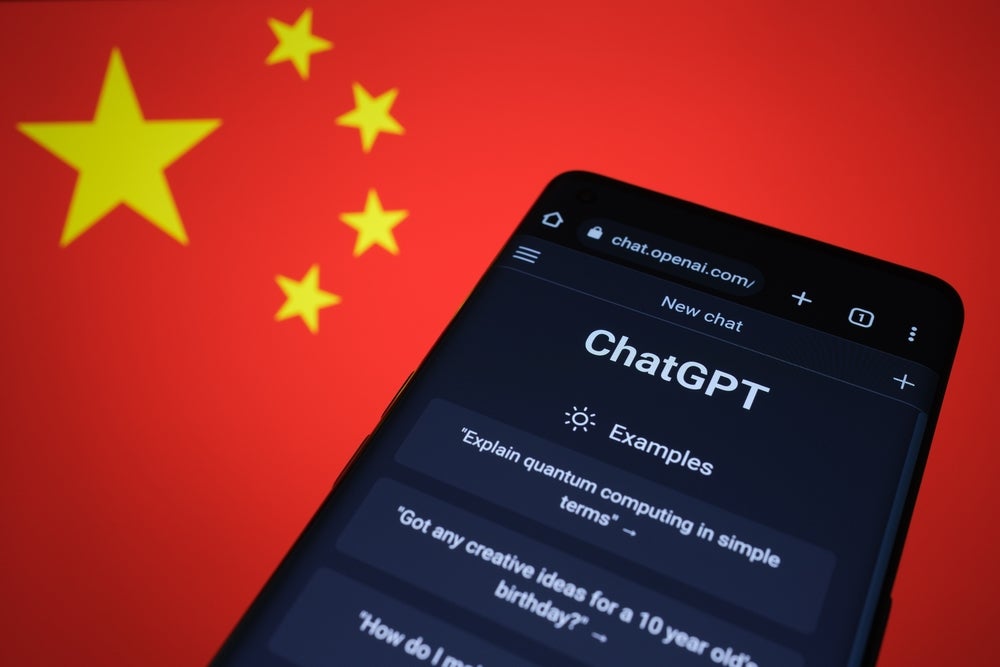
The Cyberspace Administration of China has announced new temporary regulations for generative AI developers on their website.
The regulations call for developers to take effective measures to improve the transparency of their software development process and refine the accuracy of generated results.
The rules seem to take account of copyright lawsuits filed against OpenAI and Meta, though they also call for AI developers to respect intellectual property rights and not use their generative AI to create unfair competition amongst the tech sector.
In addition, the rules also govern AI generated content.
Whilst addressing that generative AI should take constructive measures to prevent discrimination based on ethnicity, religious beliefs or gender, the regulations state that all generated content must “adhere to the core values of socialism and must not generate incitement to subvert state power.”
GlobalData senior analyst Michael Orme comments on the longevity of these guidelines.
“Like all regulations in China,” said Orme, “these new ones will be ‘temporary’ and changed, fast if necessary, according to which ways the prevailing socio-economic winds are blowing.”
This same sentiment is echoed by GlobalData’s 2023 thematic intelligence report into AI, which predicts that stricter ethical regulations could break the global AI market into isolationist “geopolitical silos”.
Whilst many global governments are racing to regulate AI, hallucinations prove a difficult problem to either fix or regulate.
China faces a unique problem in wanting to “balance” its aspiration to mature a leading AI sector against its “desire to control content” the Financial Times writes.
Despite these concerns, Orme reinforces that the first Chinese chatbot offerings in response to GPT-4 and Bard were “better than global consensus expected.”
The new rules are effective from the 15th of August, 2023.







